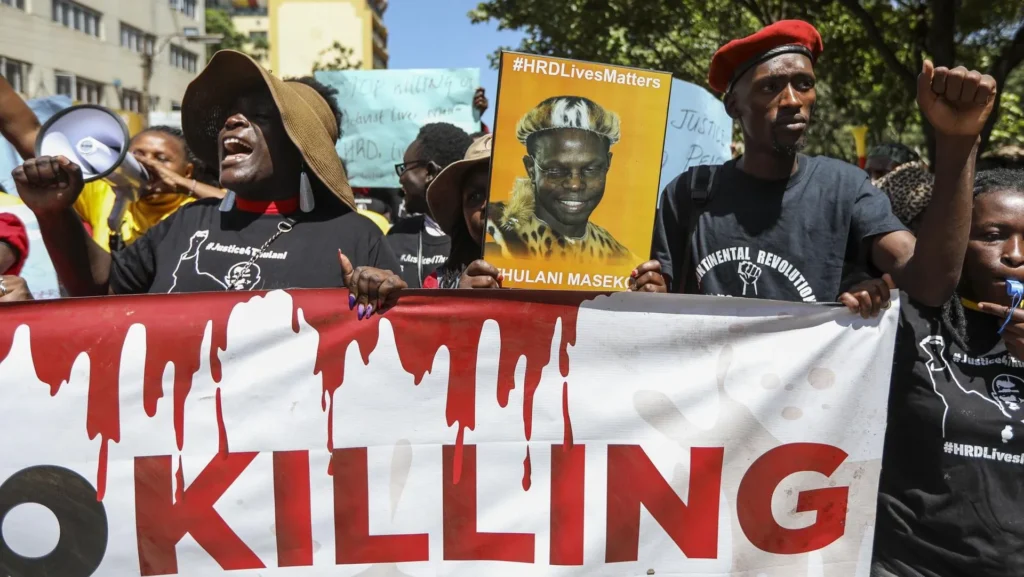Amnesty International has issued a grave warning over what it describes as a rapidly deteriorating global human rights environment, citing the continued ripple effects of the so-called “Trump effect” as having emboldened oppressive tactics and accelerated rights violations around the world.
In its latest annual review, The State of the World’s Human Rights, the watchdog paints a bleak picture of global injustice, with particular concern for Africa, where armed conflicts, systemic abuse, and failed international responses have left civilians devastated and largely abandoned.
Across the continent, Amnesty reports that civilian populations are increasingly caught in the crossfire of deadly military operations and unchecked insurgent violence. “Civilians are not just collateral damage—they are the target,” the report states. Countries such as Burkina Faso, Sudan, Ethiopia, and the Democratic Republic of Congo have witnessed mass killings, arbitrary detentions, and rampant human rights abuses.
One of the report’s most shocking findings details the February massacre in Burkina Faso, where government forces allegedly killed at least 223 civilians, including 56 children, in the villages of Soro and Nodin. In another operation in May, hundreds more were killed during a military campaign against rebel-controlled towns in the east.
In Ethiopia, Amnesty accused government forces of executing scores of men in Merawi, Amhara region, following clashes with local militias. Victims were reportedly rounded up from their homes, shops, and streets before being summarily killed.
Beyond the battlefield, Amnesty highlighted worsening conditions for freedom of expression and peaceful protest. “To demonstrate is to risk death,” the report notes, condemning brutal crackdowns, enforced disappearances, and the criminalization of dissent. Activists, journalists, and opposition figures face arbitrary arrests, torture, and state-sponsored persecution in numerous countries.
The global cost-of-living crisis has further strained rights protections, with skyrocketing food and fuel prices, deepening poverty, and climate-driven disasters hitting vulnerable populations hardest. The report cites widespread corruption, unsustainable debt, and poor governance as key drivers of the crisis.
Forced displacement, often the result of conflict or environmental collapse, remains at record highs. Sudan is now home to the world’s largest internal displacement crisis. Meanwhile, millions of refugees endure appalling conditions or live in fear of forced return to unsafe homelands.
Gender-based violence, amplified by harmful social norms and state neglect, continues to affect women and girls disproportionately. Amnesty described this as a daily and normalized reality in many parts of the world.
While noting the growing misuse of technology to monitor and suppress civilians, the rights body also criticized the global community’s inadequate response, particularly in Africa, where victims are too often “forgotten, ignored, or dismissed.”
Amnesty International has urged governments and international institutions to act urgently and decisively to prevent a total collapse of global human rights standards.



